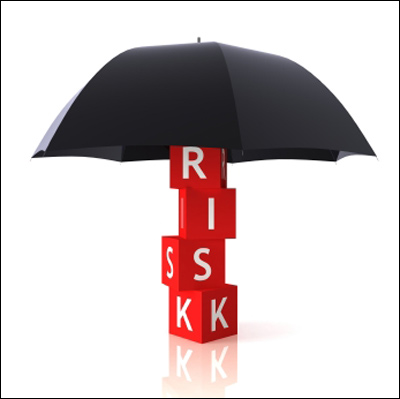You May Not Need Home Insurance; Apartment Owners Should Always Get Renters Insurance
A lot of people tend to think the only reason to have insurance at their current residence would be if they own a home. However, insurance is a very important thing to have when you are renting an apartment, as well. This type of insurance is not only going to cover your valuables but will also cover you if there are injuries within your home, whether they be to you or someone who is visiting.
Do I Need Renters Insurance?
It is common for renters to ask questions such as, ‘Why should I get renters insurance, I don’t have anything worth protecting?’ You may say that now but at the end of the day, there is always something worth protecting, even if all you have are the clothes on your back. When you know you’re covered, you’ll be able to go to sleep at night and leave for work each day, reassured by that fact that your most important items, no matter what they may be, are safe; and so are you.
So, What Exactly Does Renters Insurance Protect Me From?
A lot of people simply don’t understand what they need to be protected from, so they tend to avoid getting renters insurance or put it on the back burner, as if it’s something that can wait until a later date. The sad (yet realistic) truth is; life doesn’t wait around for us. Sometimes bad things happen and it’s better to be prepared for them than to have them appear out of nowhere.
While you may not realize this, most apartment complexes do not have coverage that extends to their leasers. They most likely will have a basic form of coverage; protecting their property but not necessarily anything or anyone that you have inside your building at any given time. This is why it’s always a good idea to read the fine print and ask for proof of what type of coverage they have before signing any paperwork and moving in.
Helping You Pay for Unexpected Expenses
Renters insurance can help pay for the expenses that come along with a break in; such as replacing that laptop or television that was stolen (or broken) by an attempted thief. If there is some form of natural disaster and your home is no longer habitable, renters insurance is commonly going to pay for any living expenses over the short term. Many complexes are actually going to require you to have some form of renters insurance, and will typically even suggest a company to go with to help you get the ball rolling. Choosing a policy ASAP is important because every day that passes without coverage could potentially lead to tragedy.
Renters Insurance Isn’t Just About You
Another really good reason to consider purchasing insurance, even if your landlord does not require you to do so is because it will cover you if anyone is injured while spending time inside your apartment. While the last thing we want to imagine is someone we care about suing us for being hurt, this is actually a fairly common occurrence, especially if said person does not have any other way to pay for their medical bills, surgeries and other reasons for doctor visits.
Features and Benefits May Vary
It can be very easy to select the first plan you find as a way to avoid ‘wasting time’, but it is imperative that you take your time and really think through the whole process. There are many features that you may not even realize are available until you begin researching your local options and figure out what exactly you’re going for.
Some companies will actually replace your items that are lost or damaged (as long as the event is covered within the guidelines of your policy). What about those items that you store in your car, bringing with you to and from work? Those can also be covered from damage or loss; as well as injuries that are outside of your residence (much of the time, this is not going to cover car accidents). If you’re able to, consider grouping all of your insurance policies (life, renters, and maybe even your car insurance); putting them in a bundle because this can save you a pretty penny each month.
Discounts aren’t always advertised, so don’t be shy about doing a bit of digging to see if there are any hidden deals you can find for yourself. Ask around, too, because oftentimes family members or friends will already be aware of companies that have special offers that may apply directly to your situation.
George Smith-Davies is a journalist cum blogger and is well aware of insurance related problems. He says that you must always find out more information about the insurance company you want to deal with. To know more about content insurance, you can connect with him on Google+.















